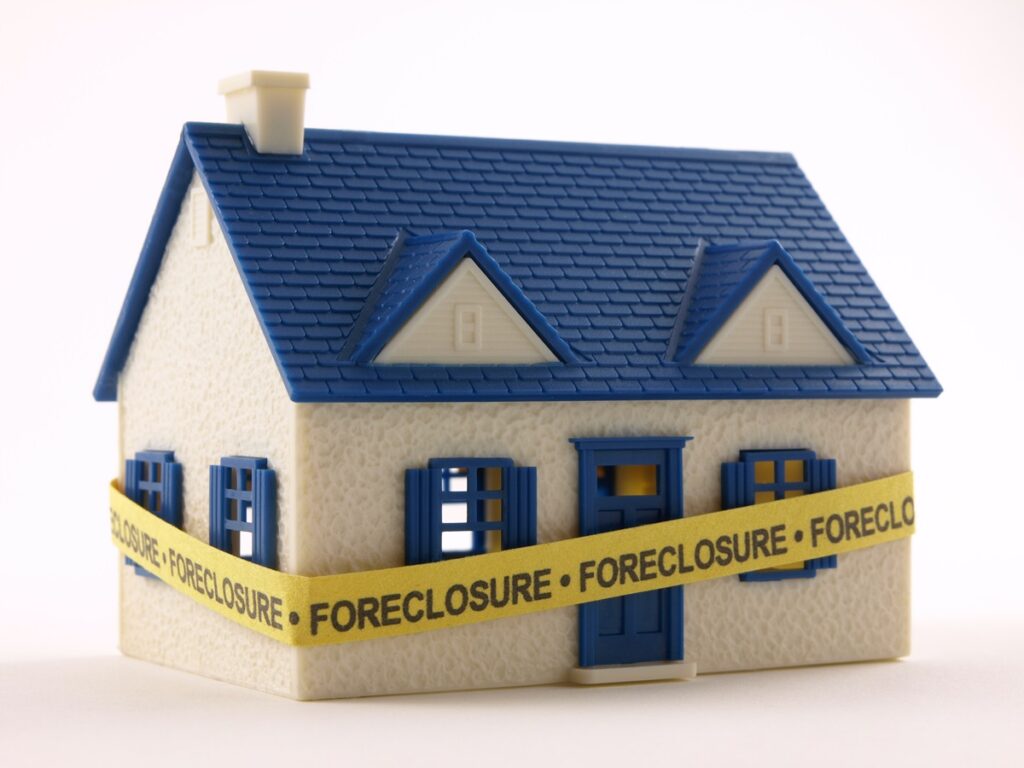The National Consumer Law Center (NCLC), AARP, and the American Land Title Association (ALTA) have authored a new issue brief with recommendations for states to revise their laws to protect property owners from unnecessary tax foreclosures.
“States must enact laws that protect those most at risk of losing their homes to tax foreclosure, particularly lower-income homeowners and those aged 65 or older,” said Andrea Bopp Stark, Senior Attorney with the NCLC. “States should actively promote available tax relief programs that include prepayment and repayment plans, affordable interest rates and limited penalties on past due taxes and reasonable time periods and terms to redeem the property.”
Tax debts haunting Americans
Across the nation, homeowners are losing their homes and the equity they’ve built in them due to unpaid property tax debts, and older adults, those on a low or fixed incomes, and Black and Latino/Hispanic households are most at risk. In 2023, the U.S. Supreme Court ruled in Tyler v. Hennepin County that it is unconstitutional for a local government to take a property in a tax foreclosure and keep the excess surplus after the tax debt and costs are paid. However, many states have yet to revise these out-of-date laws.
“Homeownership sustainability is a key part of wealth creation and preservation,” said Elizabeth Blosser, VP of Government Affairs at ALTA. “Good public policy should promote preventative measures to avoid the loss of property to tax foreclosure sales. This is a critical component of housing opportunity and long-term affordability.”
“Reforming Property Tax Foreclosure Laws to Promote Sustainable Homeownership” details measures that can be taken to avoid foreclosure due to past tax related issues.
“Older adults, those on a low or fixed incomes, and Black and Latino/Hispanic households are most at risk of losing their homes in a tax foreclosure,” said the NCLC, AARP, and ALTA brief. “Additionally, heirs’ property—property passed down among family members without a formal transfer of the property—is too often lost in a tax sale. Without record title to the property, heirs lack access to tax relief programs and may not be given notice of the tax sale foreclosure process.”
Preventative measures
According to the trade groups, one of the most important steps a state can take to prevent tax foreclosure is requiring clear, comprehensive, plain language notices at every stage of the tax foreclosure process. States should ensure that notices delivered to the homeowners are translated into the consumer’s language of choice and include information about remedies and assistance programs available, and that they note the consequences of each stage of the tax foreclosure process.
“States must ensure that the tax foreclosure process leaves the consumer who lost their home in the best position to recover financially,” said Jenn Jones, VP of Financial Security and Livable Communities at AARP. “Property tax debts are often well below the value of a home, and many foreclosed homes sell for more than 10 times the amount owed in unpaid taxes. And in some states, homeowners do not receive any of the proceeds from the sale. AARP is working in statehouses across the country to ensure this money is rightfully returned to homeowners.”
A call to action
When property is passed down among family members without going through probate it is often lost in a tax sale when heirs fail to receive notification of the tax sale foreclosure, and lack access to tax relief programs.
To ensure that homeowners receive the maximum amount of their home equity possible, NCLC, AARP, and ALTA are calling for states to require that municipalities attempt to sell properties using a real estate agent before conducting a public auction and return any excess sale proceeds to the former owner, including heirs if the former owner is deceased, and create a simple process for claiming the excess proceeds.
Click here to read the issue brief from the NCLC, AARP, and ALTA.







